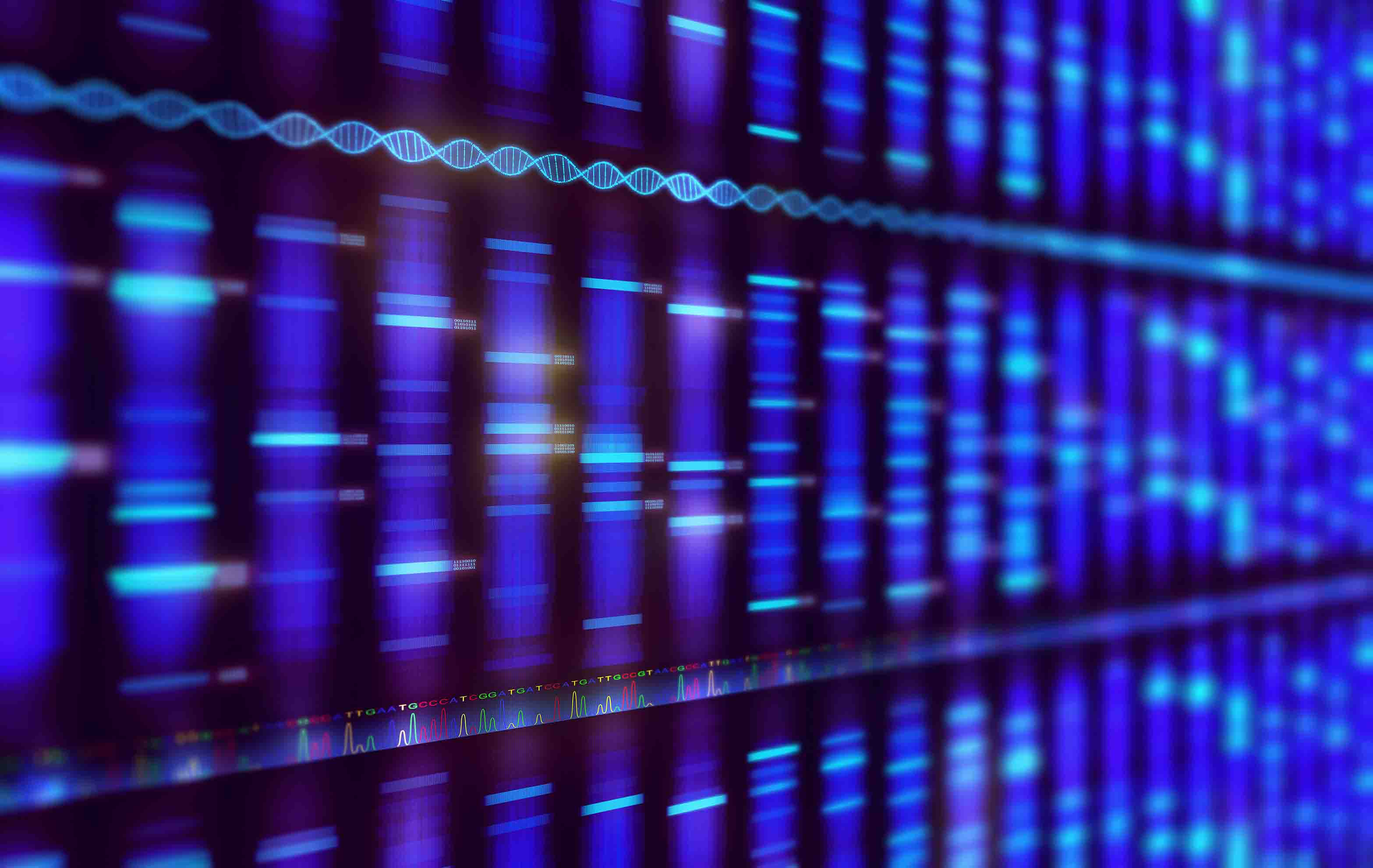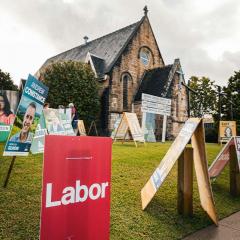University of Queensland law researcher Dr Jason Chin is one of 10 early career researchers from around the world to be chosen to present his research at a prestigious US forum on science and the law next month.
The Second Annual Junior Faculty Forum for Law and Science-Technology-Engineering-Mathematics highlights outstanding junior researchers who are pursuing interdisciplinary research at the boundary of law and STEM.
Dr Chin’s paper, Why open science matters to the law of evidence, explores how courts use scientific evidence and how the changing landscape of science can help promote criminal justice.
 He said the law should react to changes in how science in being communicated.
He said the law should react to changes in how science in being communicated.
“Invalid or misleading expert evidence has contributed to many people being convicted for crimes they did not do,” Dr Chin said.
“I think if the expert evidence is presented more transparently, according to open science principles, the courts would have been better able to evaluate their evidence and thus make the correct decision.”
Dr Chin, who is the only Australian to be chosen to present at the forum, said the way in which science is conducted and communicated was fundamentally changing.
“These changes – the open science movement – aim to make science more transparent and thus more efficient at determining truth,” he said.
“Courts, which often evaluate scientific evidence, must be aware of these changes. This is especially true because many notorious wrongful convictions were based in flawed – non-transparent – science.”

Recently, the US National Academy of Sciences published a consensus report saying that the way science has traditionally been done must change and their reforms are mainly about openness.
“Traditionally, scientists haven’t always shared their data or methods and for those who aren’t at a university, it’s hard to find reports describing the findings,” Dr Chin said.
“Moreover, research shows that some scientists don’t disclose factors that bias their findings, like dropping cases that don’t confirm the hypothesis.
“The NAS says science should be conducted more openly so as to make it easier for other scientists and the public to evaluate findings.”
The Forum will be held on 28-29 September at the Northwestern Pritzker School of Law in Chicago.
Today, Dr Chin, along with TC Beirne School of Law researcher and lecturer Dr Caitlin Goss, will hold a seminar on emerging issues in expert evidence, focusing on the use of forensic scientific expertise, at the Supreme Court in Brisbane.
Speakers will discuss findings on topics such as: the psychology of expertise, cognitive bias, forensic scientific practices, and legal safeguards (e.g., cross-examination, judicial directions, exclusionary rules).
Dr Chin is also collaborating with researchers in the UQ School of Psychology on a project to improve scientific communication in courts.
Media: Dr Jason Chin j.chin@law.uq.edu.au or Caroline Enright, media@law.uq.edu.au or 07 3443 1321.



